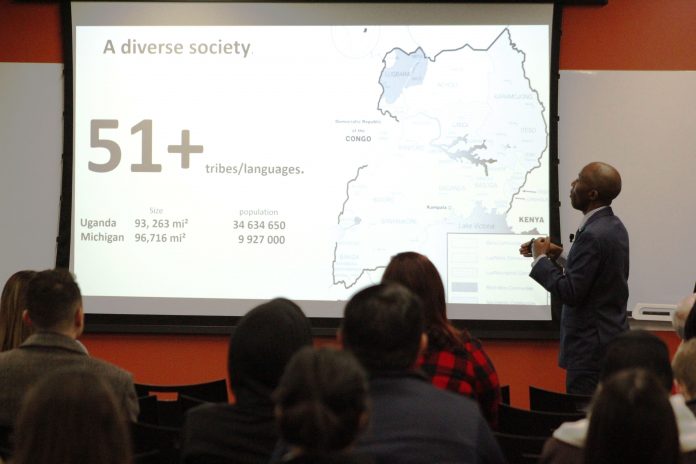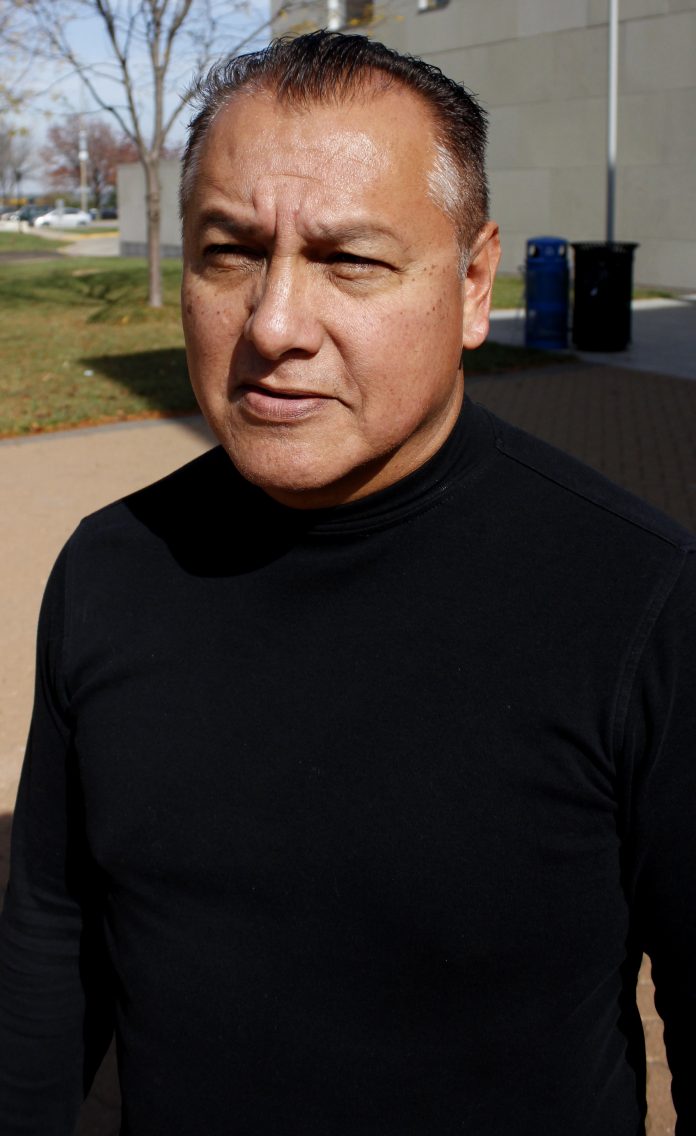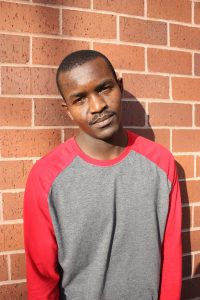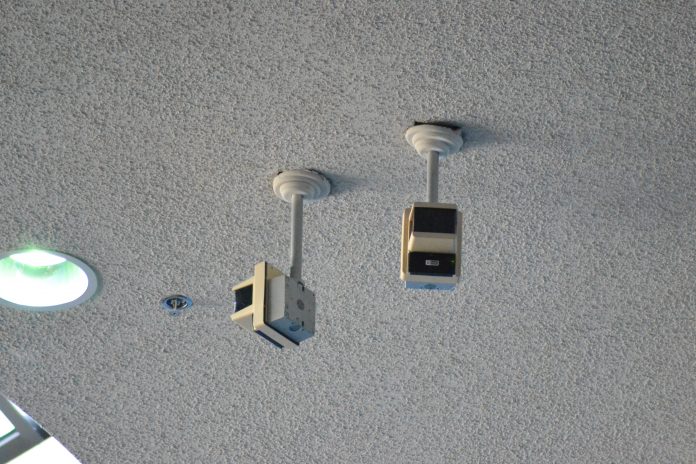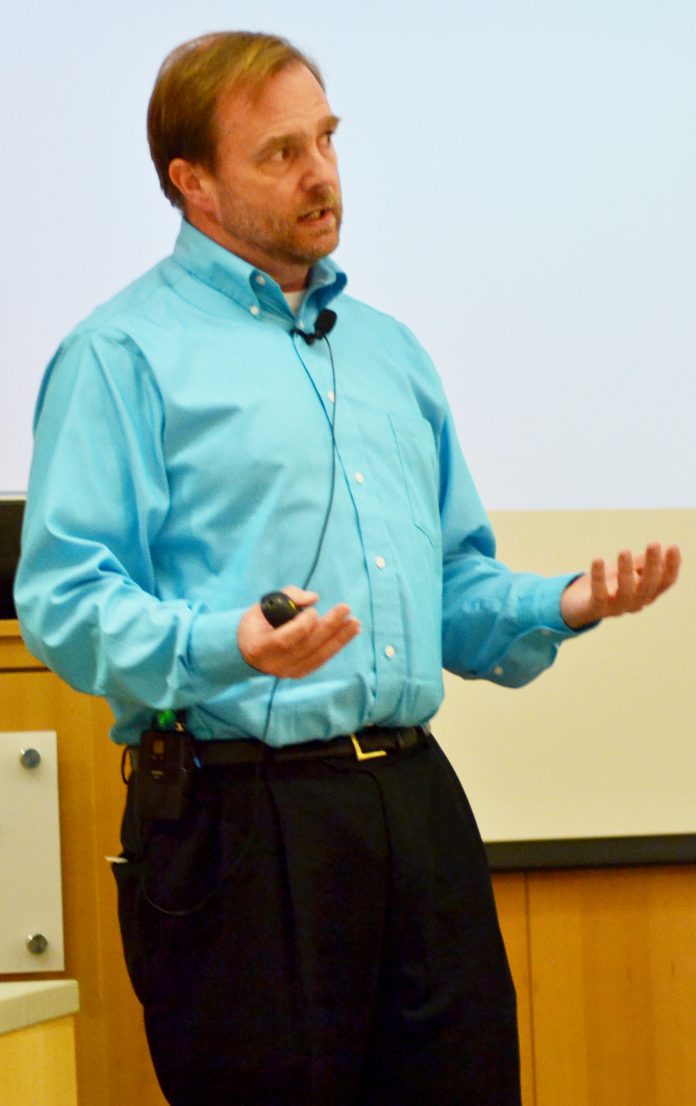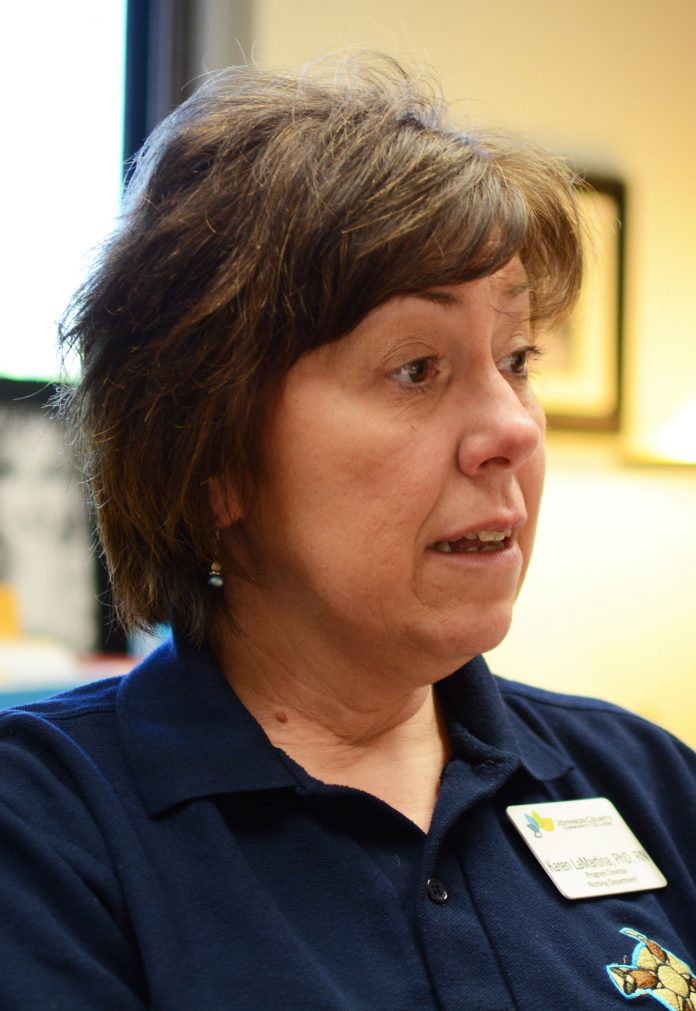Ellen Terhune
Reporting correspondent
With the holidays quickly approaching, Christmas music is beginning to fill the crisp winter air. The Plaza is suddenly glowing from a dazzling light display and Crown Center is now illuminated by the mayor’s 100-foot Christmas tree. Families all over the metro area are beginning to feel the joyous spirit of the season.
Meanwhile, many college students are feeling complete and utter anxiety. From the endless amounts of papers and projects due, to the sleepless nights spent cramming for final exams, feelings of joy are decimated by stress.
However, there is actually a simple solution to successfully surviving finals: exercise.
According to Professor Deborah Bowers, who is also a monitor in the fitness center, exercise reduces stress because it allows people to set aside time in which they focus solely on themselves and not the chaos happening around them.
Not only does exercise reduce stress but it also improves memory retention and concentration.
“Anytime you break up your studying, it’s proven you have a much better ability to retain information,” Bowers said. “When you go back to the things you just learned, you’re going to recall them much easier. Because exercise increases circulation and oxygen intake, your ability to concentrate increases.”
Joe Weis, Director of Health, Physical Education, Recreation and Wellness, said the concept behind exercising in order to increase concentration is similar to methods people use to stay alert and focused while driving.
“If you’re sitting at your computer reading for two hours and you’re getting drained from it, it’s exactly like when you’re driving your car and you start to get sleepy,” Weis said. “You’re supposed to pull over and walk around the car a few times to get the oxygen and blood flowing … Any type of movement is going to get you refocused.”
Students often feel overwhelmed with the tasks at hand that they think they don’t have time to incorporate exercise in their busy schedule. It is important to remember that exercise does not have to be extreme in order to be beneficial.
“A lot of people equate exercise to an hour of working out, and that’s completely unnecessary,” Bowers said. “Just 20 minutes is ideal, but five minutes is better than nothing.”
Likewise, keep in mind that movement is key. Anything can be effective, whether it’s just getting up to stretch or a trip to the mailbox. A quick walk around the block will almost always do the trick.
Student Ashley Ross believes it is important that students pick exercises that work best for them.
“I recommend learning what you like about working out. Whether it’s riding a bike, running or getting in the gym and doing a recreational sport,” Ross said. “Just find what you enjoy so you don’t dread doing it.”
Another alternative workout students could try is yoga. Yoga instructor Sumya Anani encourages students take just a few minutes every hour while studying to do a simple pose, such as cat and cow. Cat and cow is performed on the hands and knees by inhaling while dropping the belly towards the ground and exhaling while rounding the back to the ceiling.
“Yoga retrains the nervous system to be calm and relax in the midst of stress,” Anani said. “This helps students to remain more focused and concentrated.”
No matter what exercise students chose, Anani reminds them that exercise will make them feel better and when they feel better, they will think better.
“So walk fast around your neighborhood, find some stairs on campus and run up and down them … do it until you’re a little out of breath and be thankful for the breath of life this holiday season,” Anani said.


























